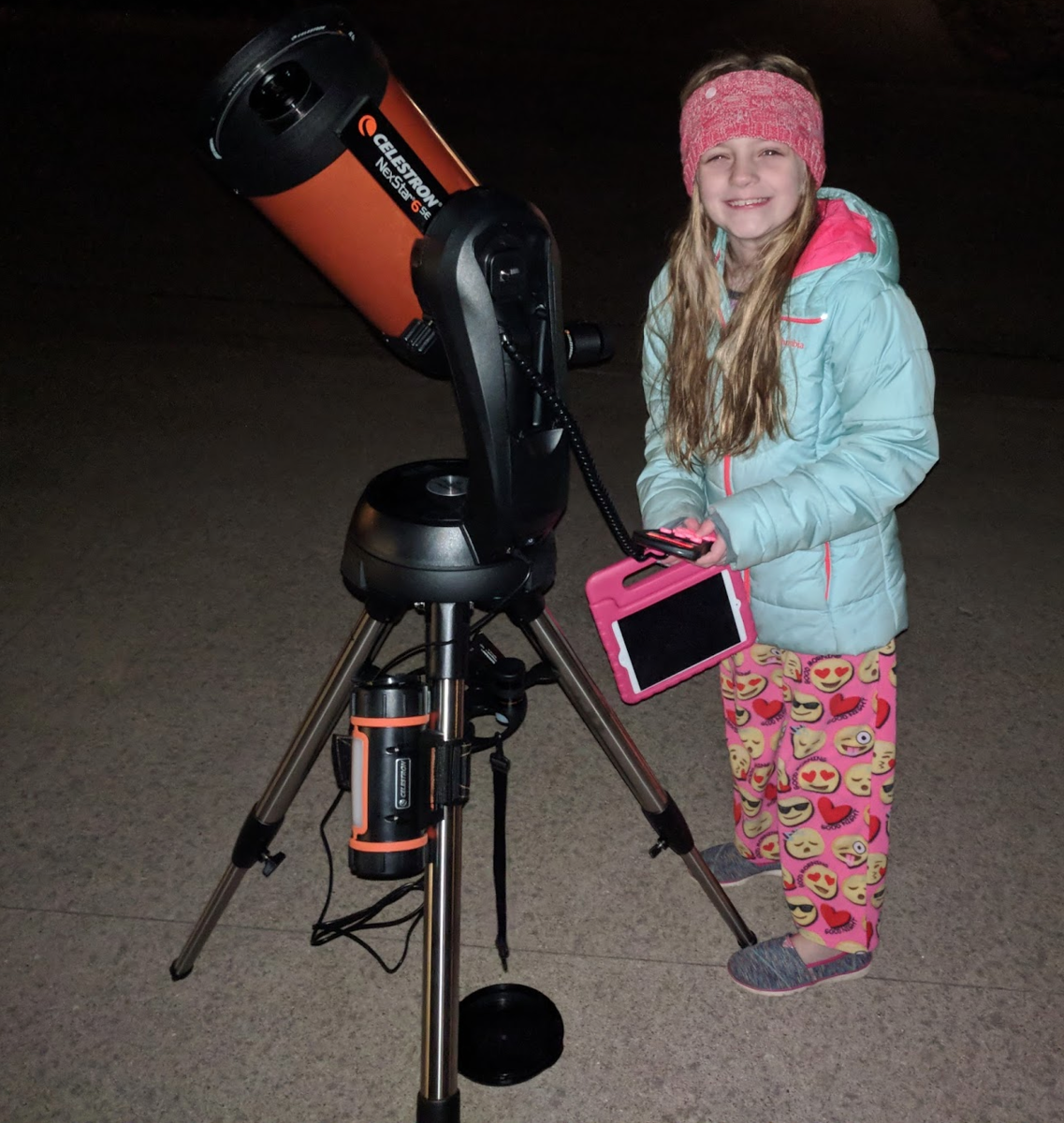I've been an amateur astronomer for 40 years or more. Very casual about it but minored in astronomy in college. I almost always take a small refractor camping (fan of TeleVue and have a Pronto and TV-85). I've been through a number of set-ups but the small, high quality refractor and a decent alt-az mount allows for easy gazing into the Milky Way. I'm all about asterisms and wide field views, not splitting doubles or counting how many bands I can see on Jupiter (although I do look at a variety of things). More often than not these days, I use one of my pairs of Zeiss bins as set-up is even easier and they have more practical applications during the day. Occasionally, I take my Kowa TSN-883 spotting scope instead if I think I might do daytime wildlife/birding activities but it's a bit more difficult to use for astronomy with its angled ep.
The best places in the lower 48 are remote desert areas far from the cities. As to which ones, specifically, get out your map of the American Southwest.













